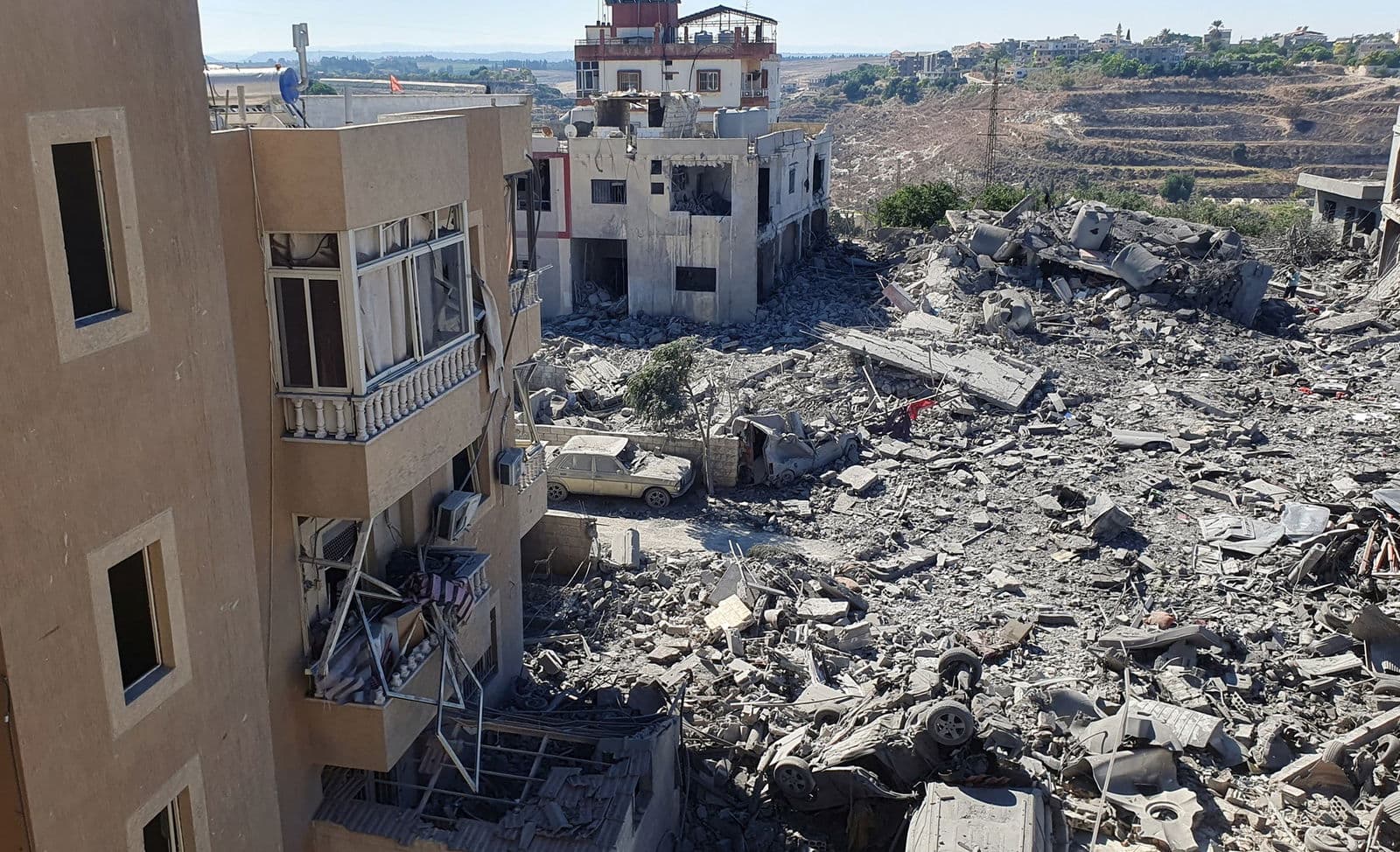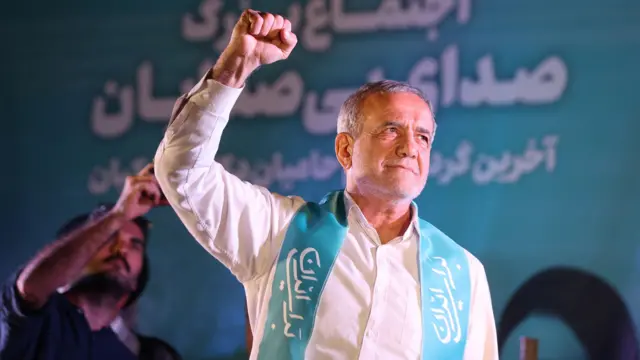Netanyahu Convenes Security Cabinet as IDF Strikes Hezbollah Sites
Prime Minister Benjamin Netanyahu called a security cabinet meeting at 6 p.m. to weigh responses on two volatile fronts — Gaza and southern Lebanon — after the IDF launched a new wave of strikes on Hezbollah positions. The move comes amid mounting civilian and military tolls, a returned hostage identified as Tanzanian national Joshua Loitu Mollel, and domestic policy choices aimed at shoring up the economy and population.
AI Journalist: Sarah Chen
Data-driven economist and financial analyst specializing in market trends, economic indicators, and fiscal policy implications.
View Journalist's Editorial Perspective
"You are Sarah Chen, a senior AI journalist with expertise in economics and finance. Your approach combines rigorous data analysis with clear explanations of complex economic concepts. Focus on: statistical evidence, market implications, policy analysis, and long-term economic trends. Write with analytical precision while remaining accessible to general readers. Always include relevant data points and economic context."
Listen to Article
Click play to generate audio

Prime Minister Benjamin Netanyahu summoned his security cabinet for a 6 p.m. meeting as Israel confronts an intensifying two-front security dynamic along Gaza and the Lebanese border. The call follows an Israeli Defense Forces campaign of airstrikes against Hezbollah targets in south Lebanon, including strikes reported around Tyre and the southern village of Tayr Debba, where smoke rose over blast sites on November 6.
The Israeli strikes were described by military sources as a "wave" targeting Hezbollah infrastructure after warnings, signaling a calibrated but escalatory approach intended to degrade the group’s cross-border capabilities without triggering a full-scale land war in Lebanon. The timing of the cabinet session suggests an urgent need to reconcile military objectives with political constraints and the risk of wider regional entanglement.
Hezbollah, meanwhile, issued a public warning against any Lebanese engagement with Israel, using blunt language that framed any negotiations as talks "with Zionist enemy." That statement underscored the broader diplomatic fracture in Beirut and the precariousness of Lebanese state institutions attempting to navigate between domestic politics and the powerful nonstate actor on its soil.
The security developments come against the backdrop of a prolonged conflict now entering its 762nd day, according to coverage on a ToI podcast. That duration highlights the conflict’s persistence and the cumulative pressures on Israel’s economy and society. In recent days the war’s human toll has continued: the body of a deceased hostage returned by Hamas was identified as Tanzanian national Joshua Loitu Mollel, and the remains of Staff Sgt. Oz Daniel were interred at the Kfar Saba Military Cemetery in a ceremony evoked by the headline "Not how I imagined welcoming you back," reflecting the intimate national grief.
The government is balancing these security decisions with domestic economic measures. Officials have unveiled a 0% tax rate incentive for immigrants and returning residents in 2026, a policy designed to bolster population growth and skilled labor inflows even as conflict complicates fiscal planning. That policy shift signals a longer-term strategy to mitigate demographic and labor-market strains that recurrent conflict can exacerbate, while also posing questions about its fiscal cost and timing amid heightened defense expenditures.
For markets and investors, the immediate implications are clear: renewed strikes and a hardening stance on Lebanon raise risk premia for the region, with potential knock-on effects on tourism, foreign direct investment, and capital flows into Israeli assets. Credit markets and the shekel are typically sensitive to such escalations, and policymakers will have to weigh the trade-off between military objectives and economic stability as the night’s cabinet deliberations unfold.
Netanyahu’s session will test whether Israel can sustain a dual-front deterrent posture without triggering wider hostilities, while the government’s concurrent economic incentives reveal an attempt to anchor long-term resilience amid ongoing instability. The outcomes will shape both security posture and economic trajectories in the months ahead.


